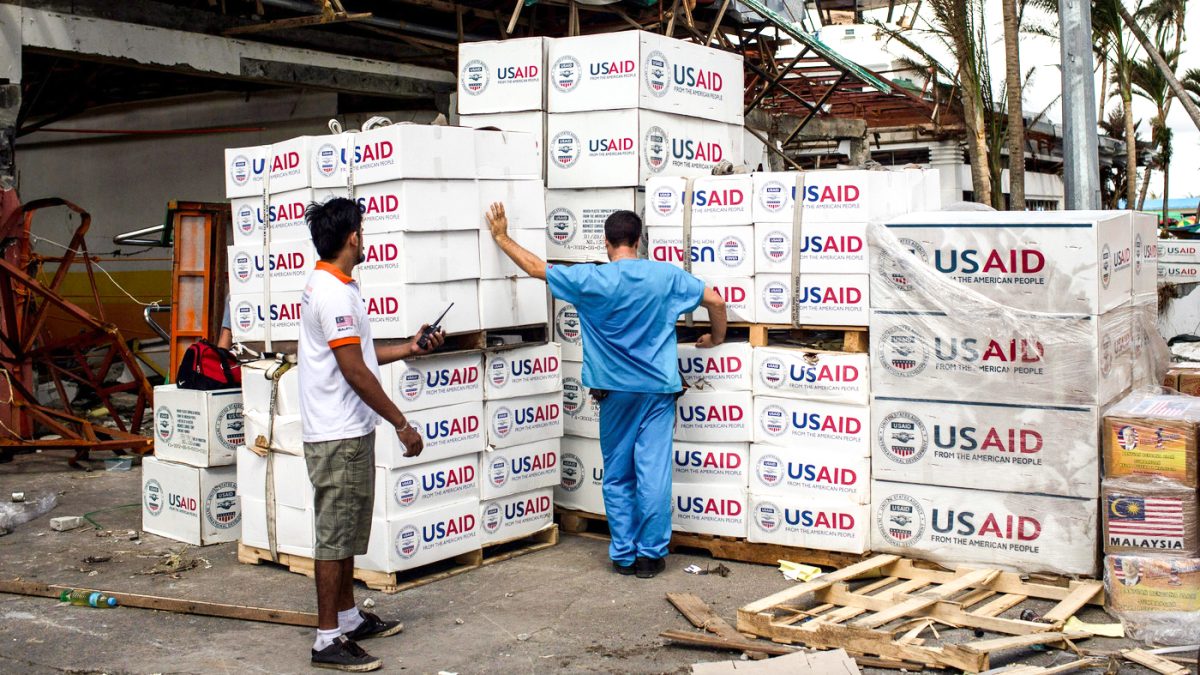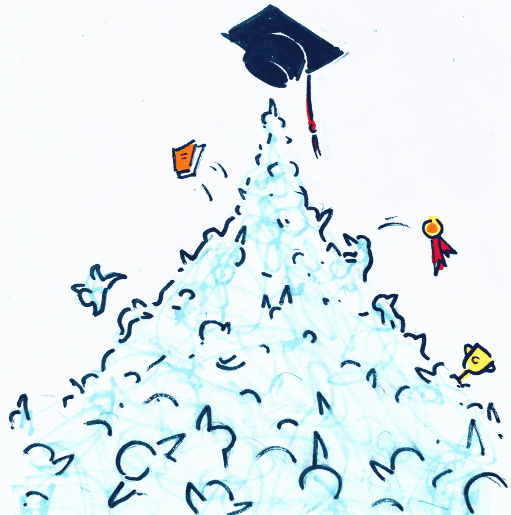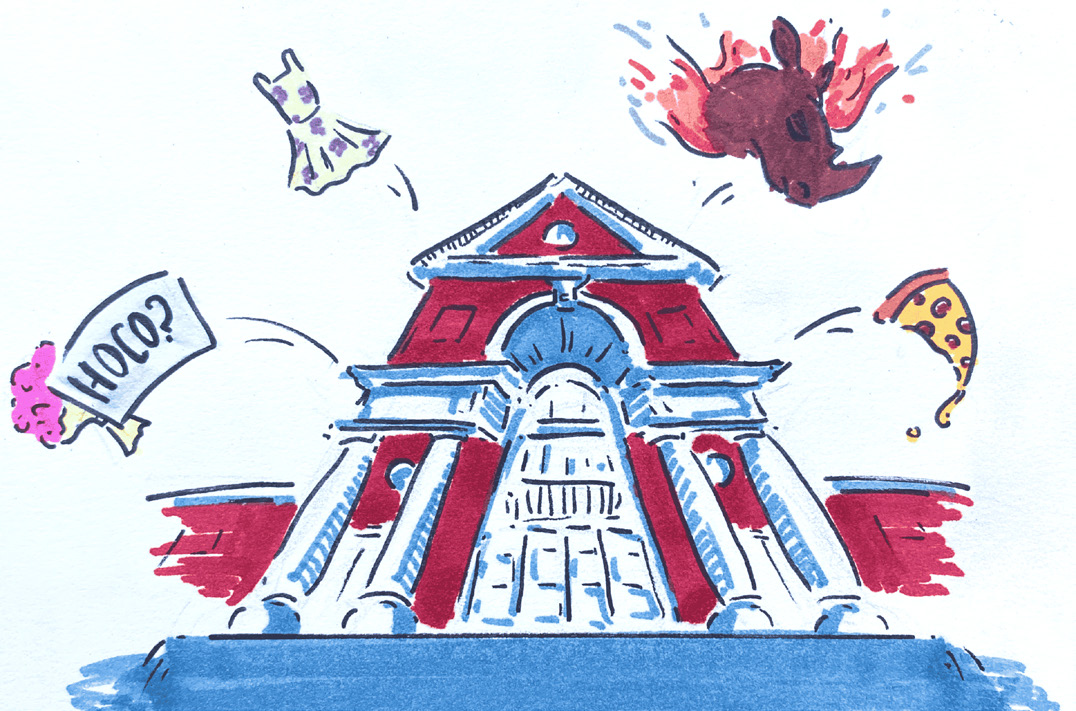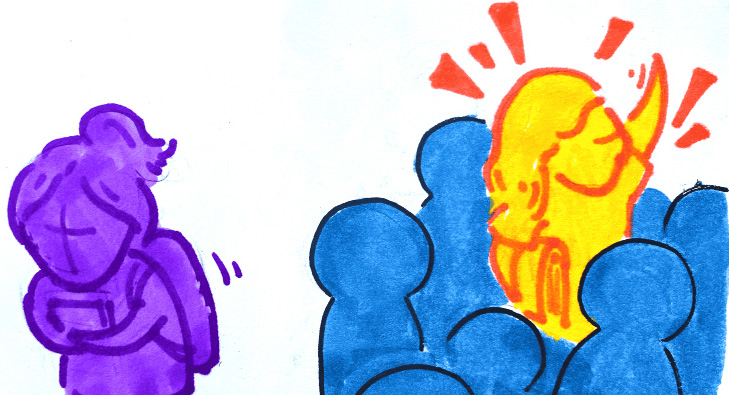As residents and citizens of the world’s beacon of democracy, we must push our leaders to help those in need.
On September 8, 2023, a 6.8 magnitude earthquake struck the North African nation of Morocco. The earthquake’s epicenter was located in the High Atlas mountain range, around 45 miles southwest of the imperial city of Marrakesh, with a population of 840,000. The earthquake devastated towns and villages at the base of the Atlas Mountains, which separates Africa’s Atlantic and Mediterranean regions from the Sahara Desert.
In these tragic moments, American leadership can save countless lives by extending aid.
The earthquake in Morocco is one of the most significant natural disasters in the region in years. Just four days before, another natural disaster occurred in the Eastern Mediterranean Sea. Tropical Storm Daniel caused extensive flooding in Turkey, Greece, and Bulgaria. However, the nation most affected by the damage was Libya.
In the city of Derna, two dams and four bridges collapsed and 25% of the city was dragged out into the Mediterranean Sea. It is estimated that the final death toll could reach up to 20,000 – a fifth of the city’s population.
The United States has close ties with both Morocco and Libya. Congress has designated Morocco as a Major Non-NATO Ally.
The United States has committed major resources militarily and politically to intervene in Libya in the 2010s. Due to geopolitical tensions, however, foreign aid to both countries is limited to $1 million each.
As the world’s foremost superpower, the United States has a responsibility, especially as it seeks to commit to remaining as the “shining city on the hill,” to help those in need.
As a first-world nation that causes much of the climate change that contributes to natural disasters, we have a moral responsibility to aid nations affected by these disasters.
However, the United States is a self-centered country – Americans learn much more about the history and politics of their own country than the rest of the world does.
This self-centeredness often leads Americans to disregard events occurring far away and remain unaware of the privileges they have living in their country compared to the rest of the world.
Giving additional aid would give America a valuable geopolitical edge in North Africa and other developing regions, at a time when third-world countries are becoming battlegrounds for US-China rivalry.
China has provided an attractive alternative to American aid, not demanding immediate liberalization, but instead tying countries down with hefty long-term financial obligations.
If the United States wants to foster relations between itself, its allies, and non-aligned third-party states, it must come to aid those in need when they need it most.
The International Service Awareness Organization is a new club aiming to help our community find ways to aid those in need abroad. Interested students can attend its events to learn about some ways they can get involved.






